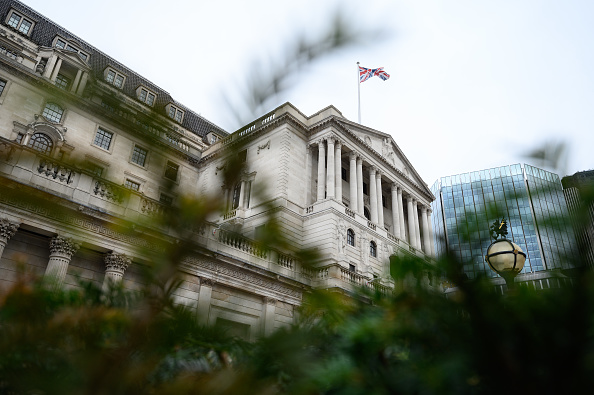Pressure builds on Bank of England to tackle 30-year high inflation print

Pressure on the Bank of England to get serious about tackling historic high inflation intensified today as analysts warned the cost of living could reach double digits this year.
Prices are already rising at the fastest pace since 1992, climbing seven per cent over the last year, according to figures released by the Office for National Statistics today.
But, experts think the screws on household finances will tighten in the coming months, with analysts at Deutsche Bank predicting the rate of price rises could hit double digits at some point this year due to Russia’s war in Ukraine sending energy prices soaring.
The gloomy figures extend a streak of the Bank failing to predict where inflation is headed. The rate setting committee thought the cost of living would land a six per cent March.
The Bank has a mandate to keep inflation at two per cent.
Economists slammed the Bank for contributing to the worst inflation cunch in a generation that is expected to choke UK growth.
Officials at the Bank have “ignored the monetary drivers of inflation for many years,” Julian Jessop, economics fellow at the Institute of Economic Affairs, said.
Members of the rate setting committee need “to get serious about returning interest rates to more sustainable levels and withdrawing more of the extraordinary monetary stimulus that has allowed inflation to take off,” Jessop added.
Some economists think bond buying, known as quantitative easing, fuels inflation by increasing the amount of money circulating in the economy.
Threadneedle Street hoovered up bonds during the pandemic to support the UK economy.
The monetary policy committee has voted to lift interest rates at its last three meetings, the first time it has done so since 1997, taking them to pre-pandemic levels of 0.75 per cent.
UK households are expected to slash spending in response to inflation eroding their living standards at the worst rate in 66 years.
The Office for Budget Responsibility, Britain’s official forecaster, has cut its expectations for growth this year to 3.8 per cent from six per cent.